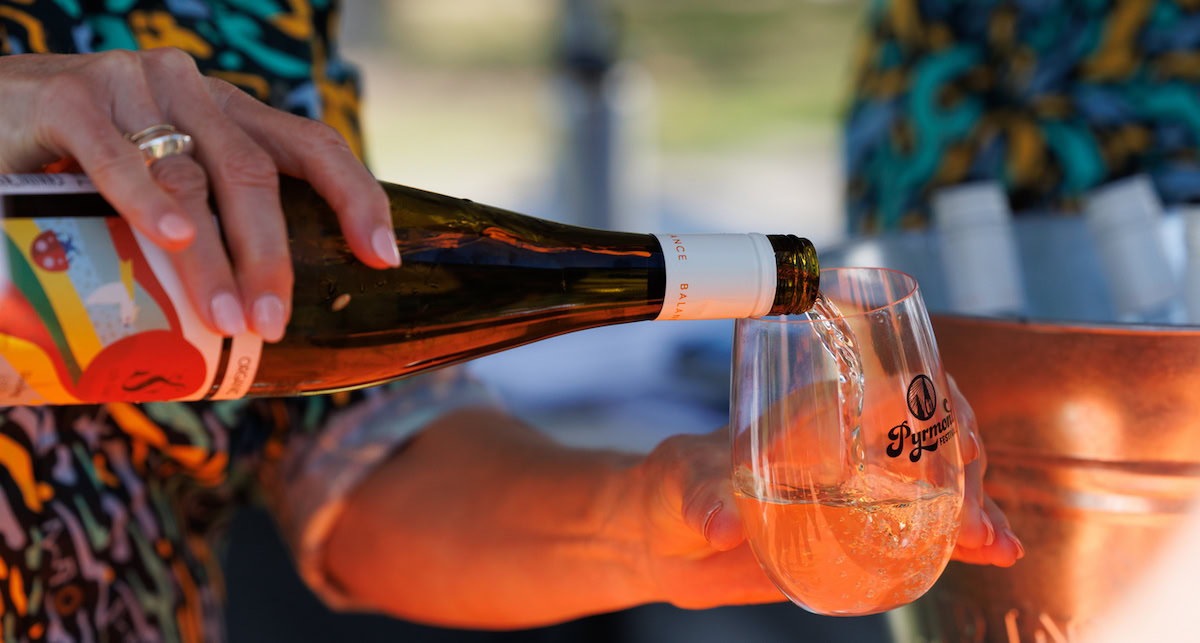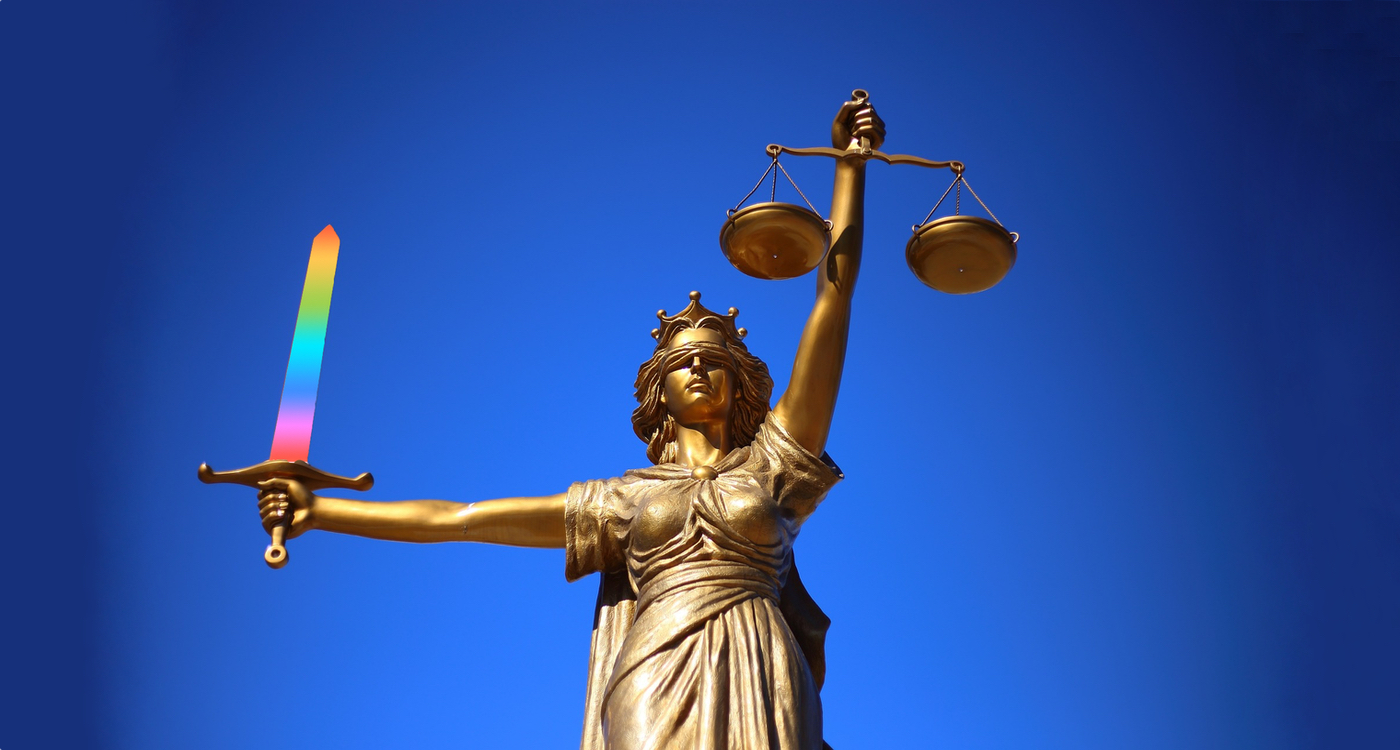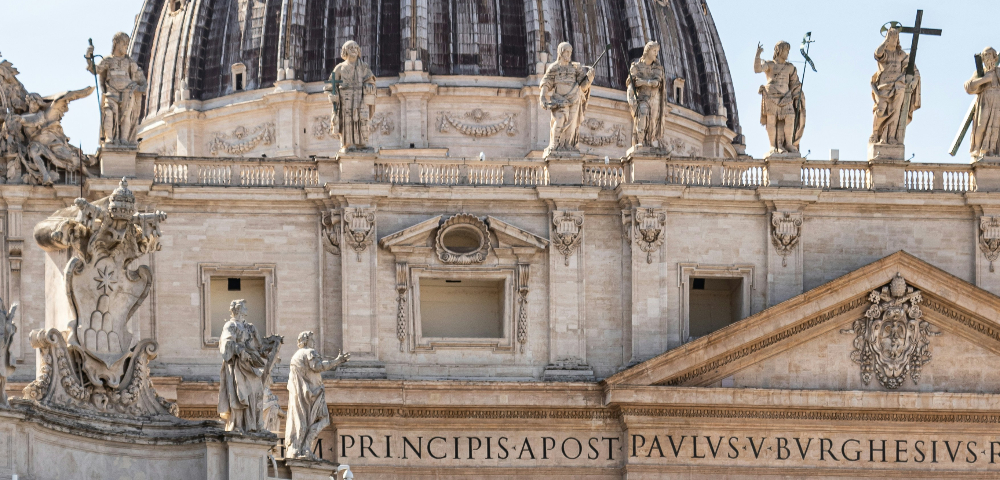
Philanthropy in the LGBTI community

MOST within the community will have come across several, if not dozens, of requests from LGBTI groups for charitable donations — via competitions, events, bucket collections, bequests left in wills, or a variety of other means.
However, one form of donation that’s on the rise are large financial contributions made by corporations to help partly-fund LGBTI community organisations.
[showads ad=MREC]The work done by one of Australia’s most iconic HIV and AIDS charities, the Bobby Goldsmith Foundation (BGF), is dependant on contributions made by the corporate world as well as private philanthropy. Without these donations, BGF might not exist.
“We simply could not provide the services we do without this support,” BGF fundraising manager Barbara Smith said.
“For instance, donations help our clients financially — to access medications, for housing and emergency needs, and for entry to education and training.
“It helps people living with HIV (PLHIV) to manage their health, to get back on their feet and connect to a community of support.
“The organisation was built on fundraising events, appeals and sadly bequests from a great number of people who died before anti retro viral medications became fully effective.”
Another organisation that has been relying on fundraising and philanthropic efforts is the Queensland AIDS Council (QuAC), which had its funding stipped by the former Newman Liberal-National government.
“In the past two-three years philanthropic donations have been very important to the organisation, however historically they have built the organisation to what it is today,” QuAC executive director Michael Scott said.
“Sometimes philanthropic donations assist to add to the service we provide, however at times if it is a large donation, it may open up options to create a completely different service.”
Although the recently-elected Queensland Labor government has announced they will re-fund QuAC, Scott said donations were still a great way for people to “give back” to their community.
“Community organisations like QuAC who have been around for over three decades, have assisted thousands, perhaps hundreds of thousands of people,” he said.
“When community members donate to community organisations, they make it possible for future and even current generations to benefit from the donation.
“Donations from corporations also offer another benefit — that of a raised profile within the community, a perception that the corporation is LGBTI-friendly, and it has a strong benefit to its employees that the organisation actually cares for diversity, and for its LGBTI employees.”
Corporate philanthropy is also a great way to ensure connections to a community that substantially contributes to the make-up of a business, according to Michael Nightingale, special counsel for law firm Norton Rose Fulbright — which donates to LGBTI organisations such as the Victorian AIDS Council, the Gay Men’s Health Centre and Midsumma Festival.
“Through its Corporate Social Responsibility program, [we encourage] people to contribute to the communities in which they work and live through pro bono work and volunteering, by participating in reconciliation and sustainability activities, and through charitable giving,” he said.
“Norton Rose Fulbright recognises that a necessary part of being a lawyer is a connection to your community, and that we have both the ability, and the responsibility, to make a difference where we can.
“It’s wonderful to be able to make a difference, and support people and organisations in my community who might not otherwise be able to access good legal advice.”
Nightingale also recognises the responsibilities that fall on corporations to support the communities around them.
“Companies, including law firms, have to recognise that their staff live and work in many different communities, and that supporting people to help the communities they live in just makes plain business sense,” he said.
“LGBTI employees are no different, and any business which supports their LGBTI employees, like mine does, must give those employees the ability to give back through their work.”
For BGF, equity in care and health is at the core of what philanthropy and charitable efforts means.
“It’s incredibly important that everyone, including the LGBTI community and corporations give generousl,” Smith said.
“Everyone deserves equity in health and social outcomes.
“Stigma, social isolation and financial worries can cause extreme levels stress. For people living with HIV, these stresses compound further on their health.
“People need to know they are not alone in their community, whether that be in the inner city, in the suburbs or in the country.”
______________
About Bobby Goldsmith Foundation
The Bobby Goldsmith Foundation is one of Australia’s oldest HIV and AIDS charities, providing care and financial services to people living with HIV (PLHIV) since 1984.
Its services include: day-to-day services for PLHIV, outreach to rural and regional areas, money and housing workshops, positive self-management programs, advocacy for clients, and emotional support for those who experience stigma, discrimination and disadvantage based on their status.
In the past eight years alone, BGF has worked with over 3000 different men, women and children in NSW, representing 30 per cent of all PLHIV in the state.
“Contributions from private and corporate donations vary from year to year. Both are extremely vital,” BGF fundraising manager Barbara Smith said.
“These variations can depend on a range of circumstances, including successful grant opportunities, if someone has bequeathed a legacy gift, the capacity of donors to generously give, sponsorships, events and community fundraising efforts.”
For more information about BGF to make a donation, visit www.bgf.org.au
[showads ad=FOOT]









